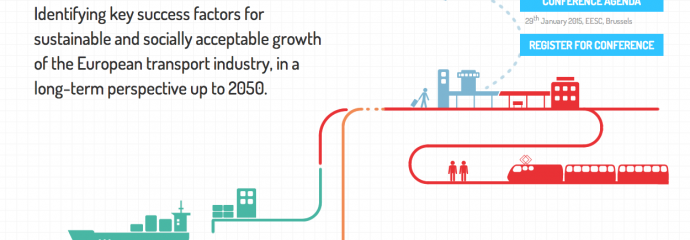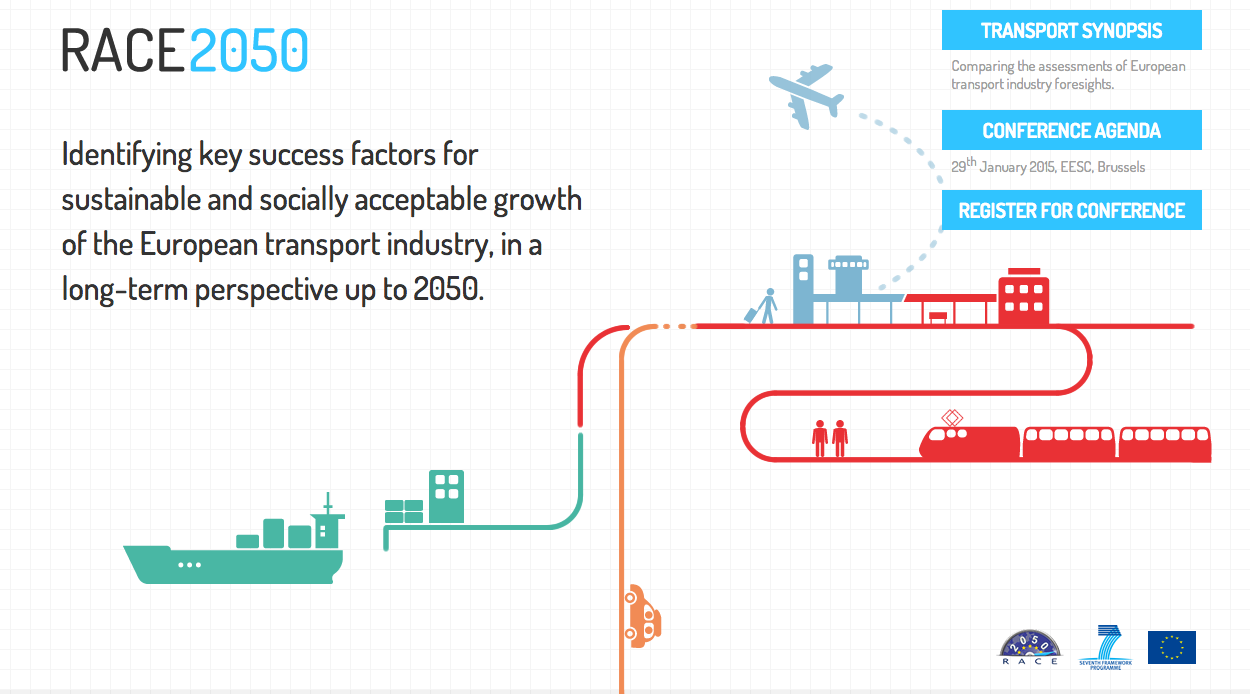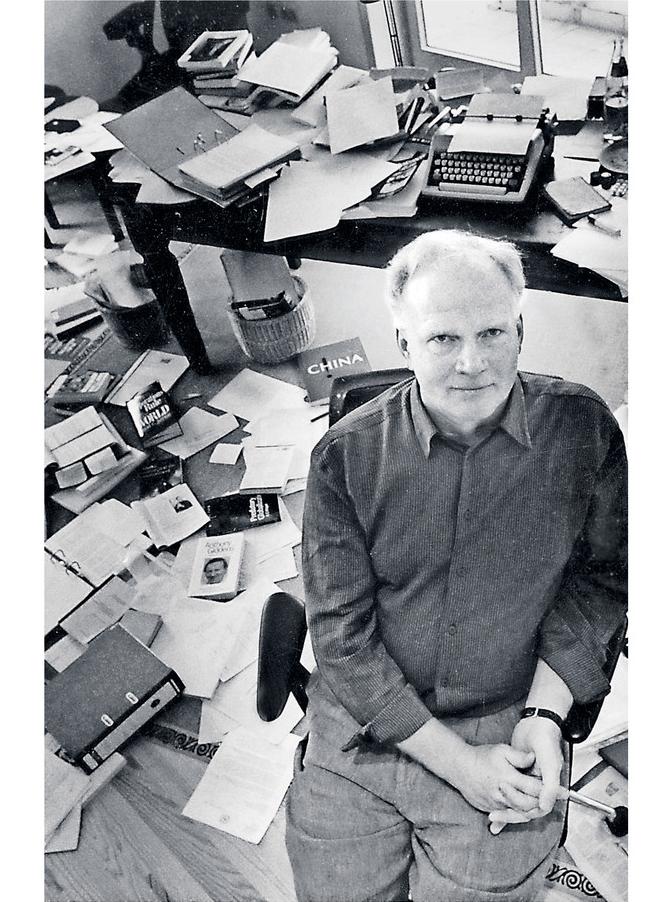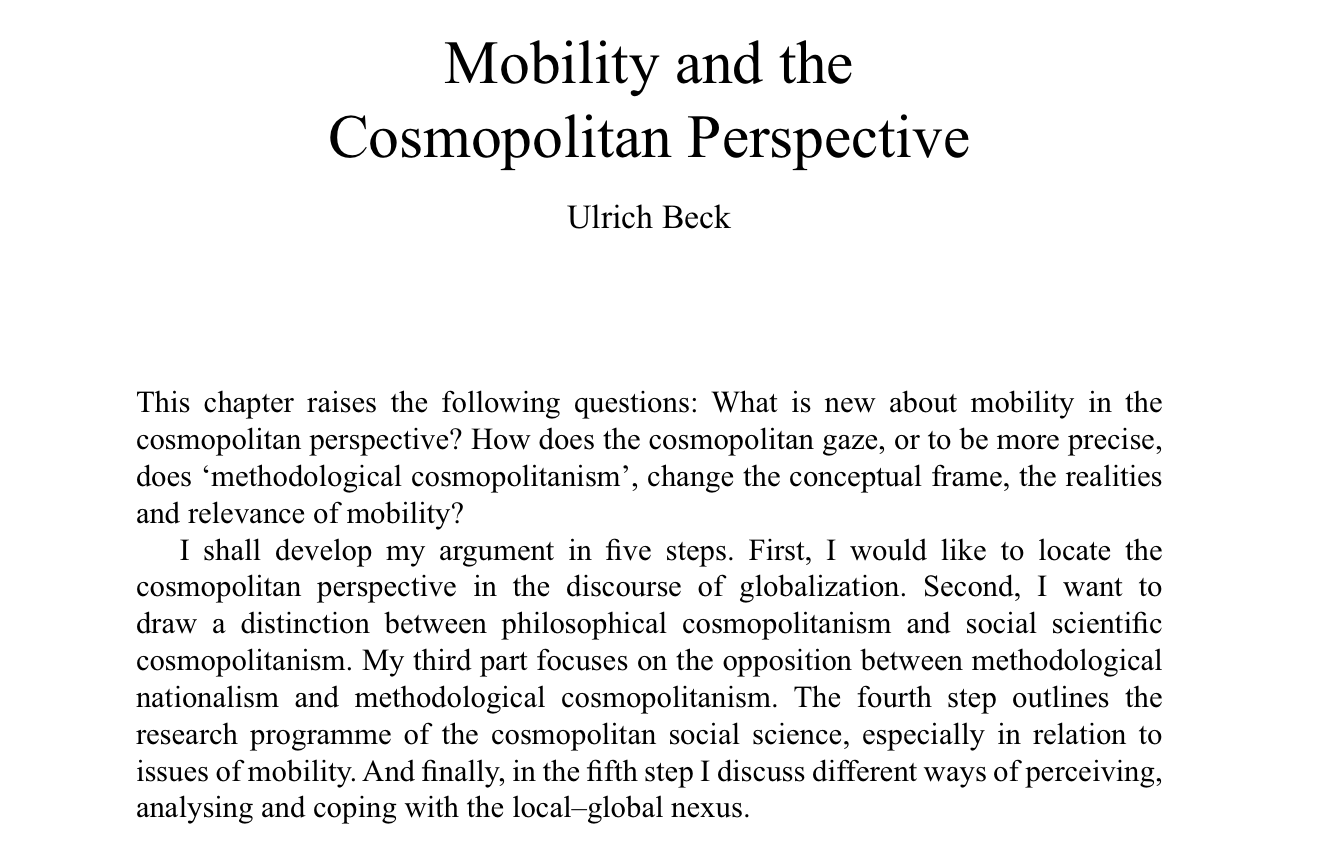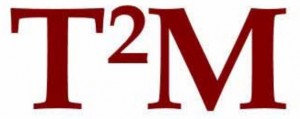Between dark scenarios and bright futures
Between dark scenarios and a bright future
Conference for a sustainable and competitive European transport industry by 2050
When: 29th January 2015 – 10:00-17:00
Where: The European Economic and Social Committee – EESC, Brussels
For registration and information: www.race2050.org

